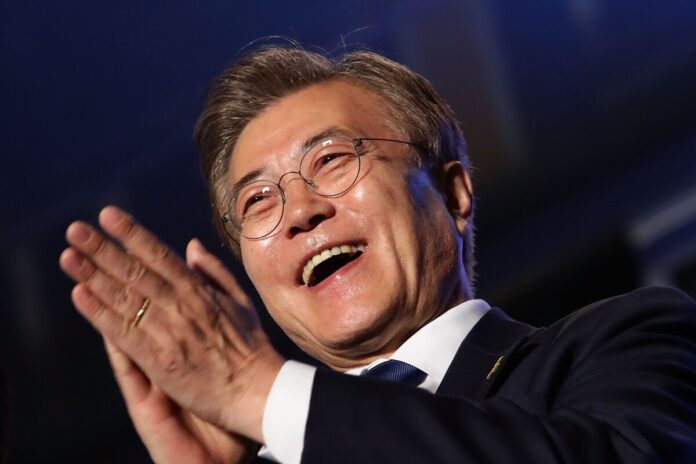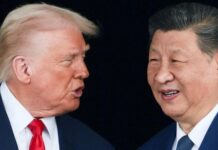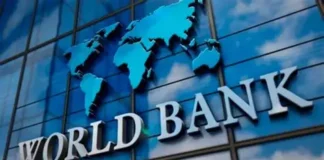Opposition candidate Lee Jae-myung has been elected President of South Korea, marking a stunning comeback just three years after narrowly losing the office.
His victory follows months of turmoil sparked by the failed martial law attempt of ousted president Yoon Suk Yeol, who now faces criminal charges for abuse of power.
Lee’s win is seen by analysts as a strong rejection of the ruling People Power Party (PPP) and its handling of the crisis. His opponent, former minister Kim Moon-soo, conceded early Wednesday, acknowledging the decisive nature of the result.
“Recovering South Korea’s democracy will be my top priority,” Lee told supporters, promising national healing and stability.
The new president inherits a deeply divided nation, with Yoon loyalists still active and political fractures running deep across the country.
His leadership will be tested not just domestically, but also globally, as he navigates tensions with the United States under President Donald Trump. A new trade deal is urgently needed to soften the blow of ongoing tariffs.
Lee also faces legal uncertainty. A postponed Supreme Court trial on alleged election law violations looms, though South Korea’s constitution protects sitting presidents from prosecution unless accused of treason or insurrection.
Lee’s presidency marks a turning point for South Korea, offering a potential path toward political stability after years of upheaval. However, with lingering distrust, economic concerns, and a watchful opposition, the road ahead will be far from smooth.
“I will do my utmost to fulfil the great responsibility and mission entrusted to me,” Lee vowed, “so as not to disappoint the expectations of our people.”



















